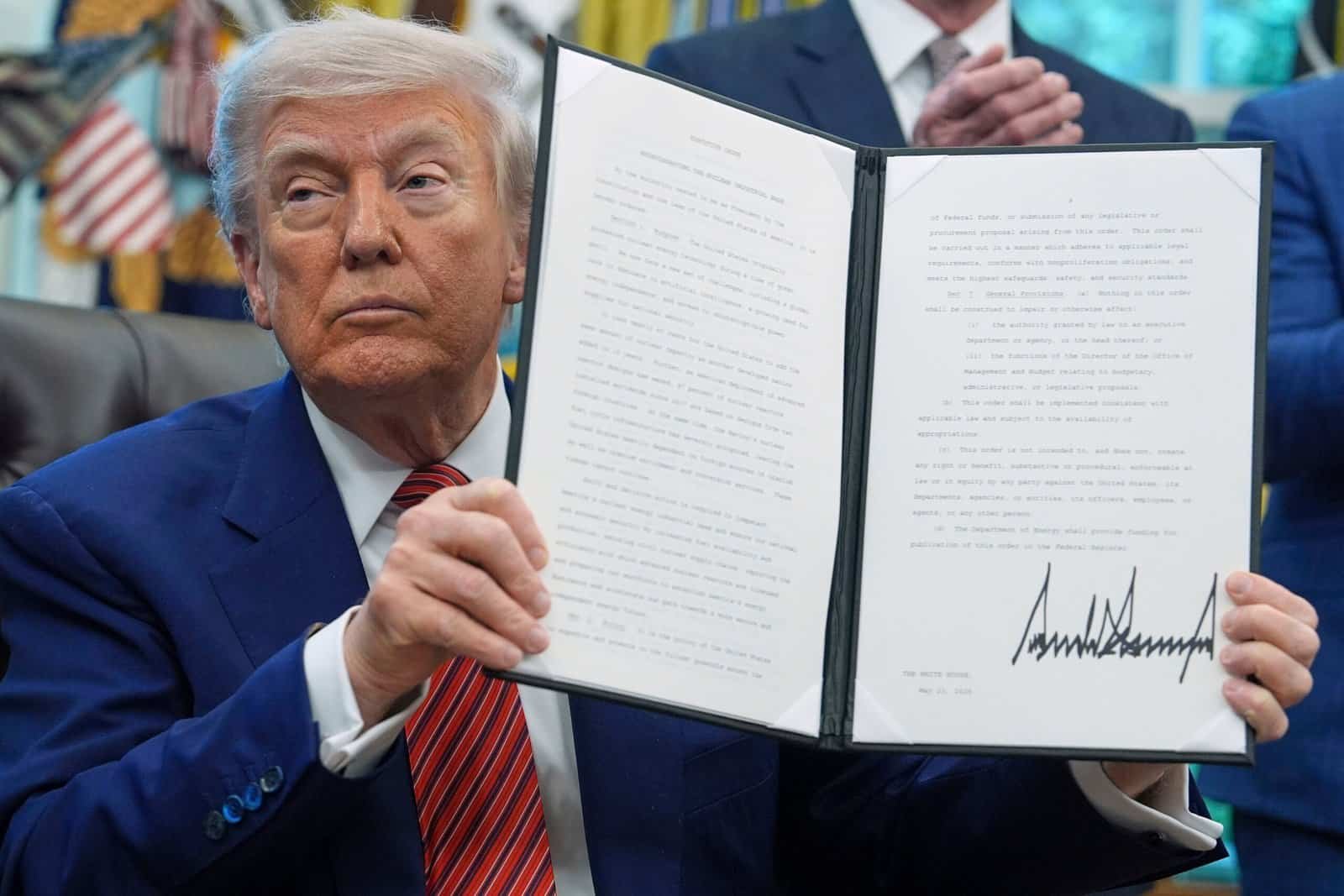The Trump Administration’s Legal Struggles and the Consequences for Law Firms
The Trump administration has faced a series of setbacks in court, with four major law firms successfully challenging executive orders that targeted them. These rulings have created a ripple effect across the legal profession, impacting both the administration and the firms that chose to settle rather than fight.
A Series of Unfavorable Outcomes
Since the initial executive orders were issued, several law firms have attempted to negotiate deals with the White House to avoid being targeted. Eight firms ultimately agreed to these settlements, committing nearly $1 billion in pro bono services to initiatives aligned with the administration’s goals. However, these agreements have not aged well. The firms that accepted the deals appear to have underestimated the potential fallout—financial, reputational, political, and legal.
Meanwhile, the Trump administration has struggled in its legal battles. Judges have been critical of the administration’s arguments, and it remains unclear whether higher courts, including the Supreme Court, will offer more favorable outcomes if the case proceeds. Additionally, the practical benefits of the settlements for the administration have been minimal so far.
The Lack of Tangible Results
Despite public claims by Trump about the success of these deals, there is little evidence that the settling firms have been actively involved in pro bono work on behalf of the government. Representatives from three of the firms have stated that they have not received any guidance or direction from the White House regarding their pro bono commitments. This lack of follow-through has raised questions about the true intentions behind the settlements.
The Justice Department and the White House have declined to comment on whether they reached out to the firms for additional work. While this silence may provide temporary relief, it does not guarantee long-term safety for the firms. The administration could change course at any time, and the political landscape could shift dramatically if Democrats regain control of Congress.
Potential Political and Legal Risks
If Democrats retake the House or Senate, the settling firms could face increased scrutiny. Lawmakers have already raised concerns about the legality of the deals and the circumstances surrounding them. Subpoenas could reveal more sensitive information, potentially damaging the reputation of the firms.
This situation is likely to become even more complex if Trump decides to push the firms into action. The consequences could be significant, especially for firms that have already faced backlash within the legal community.
Reactions from the Legal Community
The backlash against the deals has been evident in the legal profession. Some in-house lawyers have moved their work away from the settling firms, while students at top law schools are avoiding them. Senior lawyers have also left some of the firms, further highlighting the internal turmoil.
At Paul, Weiss, for example, at least 10 litigation partners have departed, including Karen Dunn, a prominent Democratic lawyer who was previously considered for leadership roles. Her departure underscores the growing professional and political risks associated with the firm’s decision to settle.
Long-Term Legal Exposure
The deals struck by the settling firms may also expose them to long-term legal risks. The agreement between Paul, Weiss and the administration could implicate federal and state public corruption statutes, including charges related to bribery and extortion. While Trump is immune from criminal liability, the firms themselves are not.
Although a future Democratic administration may not pursue legal action, this decision would be based on political considerations rather than legal obligations. The firms could still face scrutiny if the political climate changes.
The Broader Implications
Beyond the immediate legal and financial implications, the deals have had symbolic significance. They have exposed the contradictions within the legal profession, where firms have long positioned themselves as advocates for progressive causes. Trump’s actions have challenged this image, revealing the gap between rhetoric and reality.
The settlements have also highlighted the administration’s struggle to execute complex policy initiatives. From trade deals to handling issues like TikTok, the administration has faced criticism for its approach. This lack of effectiveness has only added to the challenges faced by the settling firms.
Conclusion
The ongoing legal battles and the fallout from the settlements have created a complex and uncertain environment for the firms involved. While the Trump administration may have achieved some short-term political gains, the long-term consequences remain unclear. As the legal and political landscape continues to evolve, the settling firms will need to navigate a difficult path forward.




